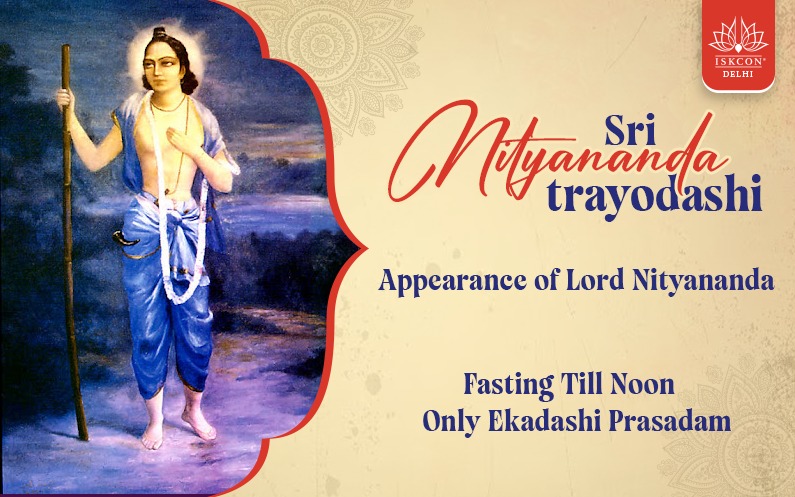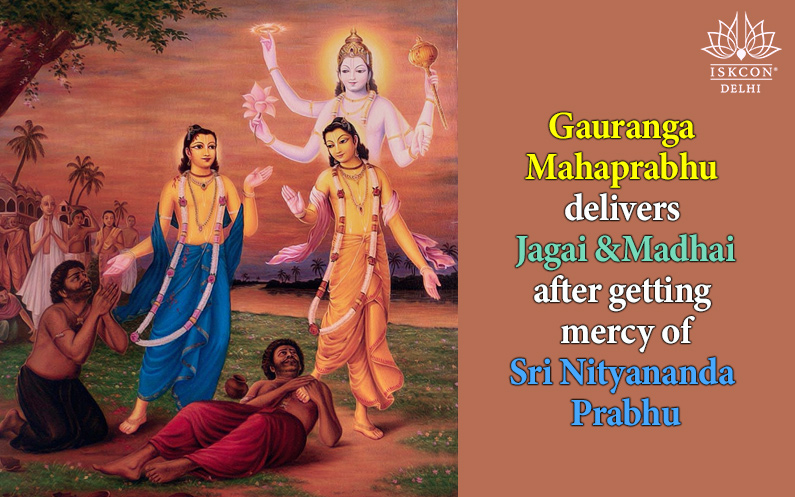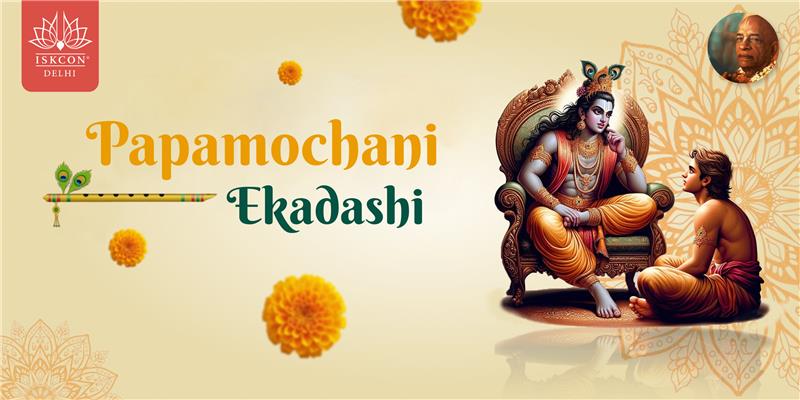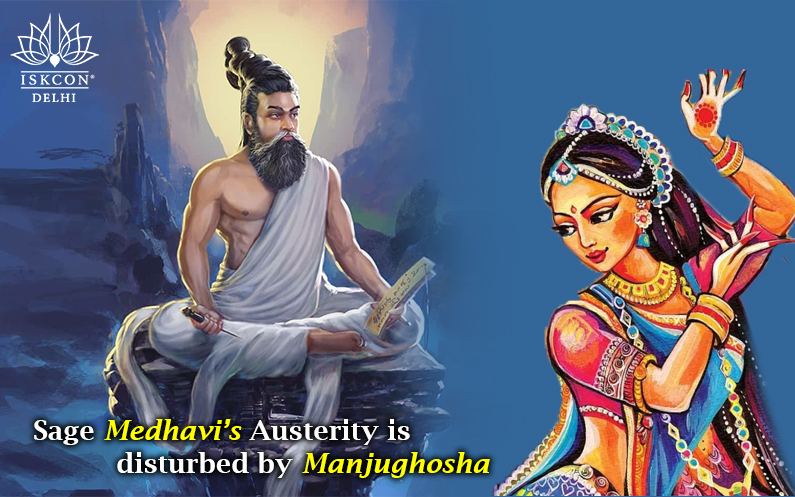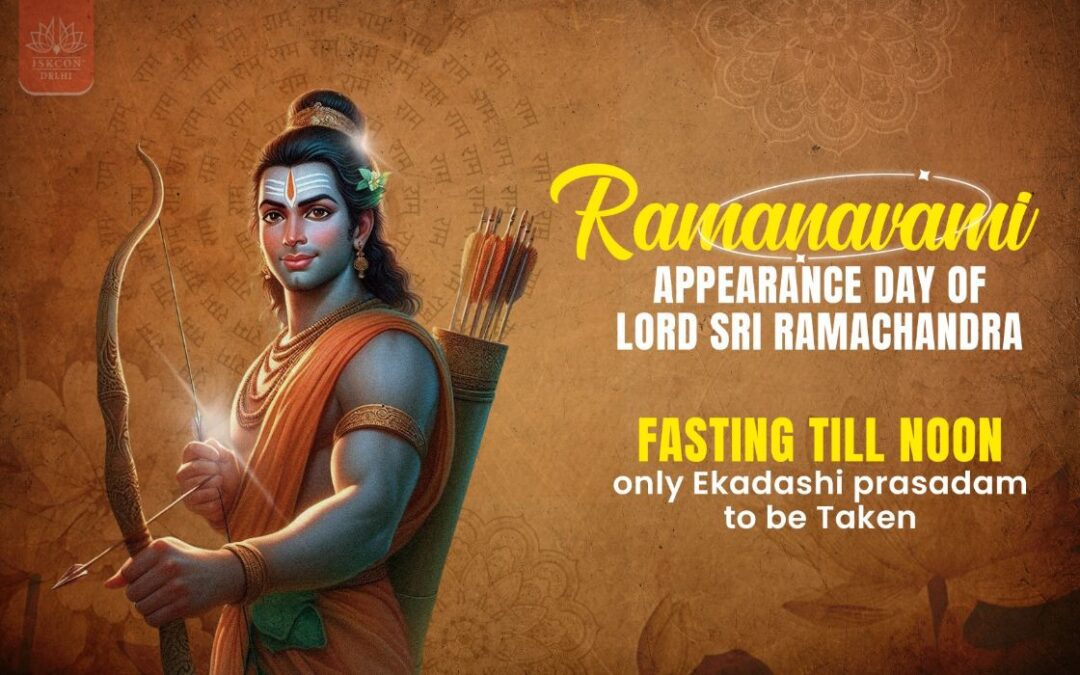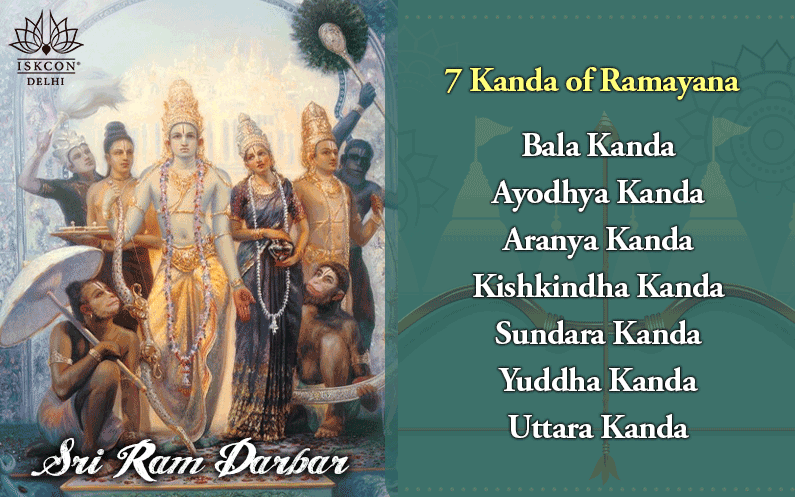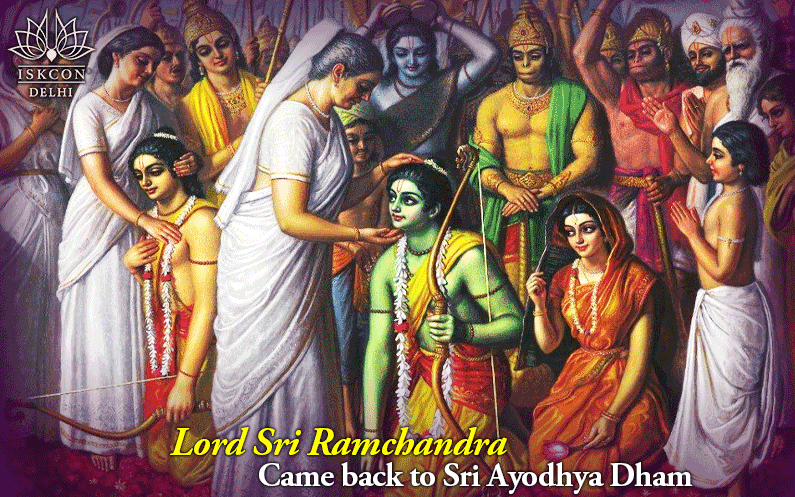Amalaki Ekadashi
The Ekadashi coming in the month of Falgun is known as Amalaki Ekadashi. Amalaki means “Gooseberry”. Gooseberry has a distinctive position in scripture. When Lord Vishnu for the sake of creation gave birth to Brahma Ji at the same time, he also brought Gooseberry tree or Amla tree. Lord Vishnu has described the Gooseberry tree as “Advi-Vrksh”. It is believed that Lord Vishnu dwell in this tree.
Conversation Between King Madhata and Shri Vashistha
Once King Mahdhata requested to Vashishta Muni -Shri Vashishta kindly do a favour on me, please narrate the significance of the auspicious fast which is named Amalaki Ekadashi.
Saint Vashishta says: “Dear King I will narrate you the story of the most auspicious propitious fast that is known as Amalaki Ekadashi. This Ekadashi falls in the month of Phagun in Shukla Paksha.
By doing this fast all sins of a person get annihilated.
Benefits of Amalaki Ekadashi
It is believed that the sequel of Amalaki Ekadashi fast is equivalent to the donation of 1000 cows.
Tale of significance of Amalaki Ekadashi-
“There was a town named as Vaidesh, Where Brahmins, Kshatriya, Vaishya, Shudra. All varna used to live joyfully. In that town, Vedic mantras were reverberating everywhere and there was no miscreants, vicious doer and atheist in that town. King Chatarat of the Chandravarshi Dynasty was the ruler of that town who was a very knowledgeable and religious man. No one in that town was found poor or miser. Everyone used to worship Lord Vishnu and keep fast on Ekadashi. Once on the day of Amalaki Ekadashi of Falgun month king along with all the people of the town went to the temple. There everyone worshipped the Gooseberry tree with Incense, Deep, Naivadiya, Panch Ratna, e.t.c. and started chanting the names of Lord Vishnu. Everyone stayed awake In that temple the whole night on that auspicious day. At night a person set foot in that place. that person was a wrongdoer. He was feeling restless in thirst and hunger. He sat in one corner of the temple with a desire to get some food. Sitting at the corner he was listening to the significance of Amalaki Ekadashi. On that day with other people, he also remained awake the whole night. Early morning along with all other people that person also went back to his residence. After a few days, that wrongdoer person died. Although that person had done many sins and due to that he deserves hell but as he had kept the Amalaki Ekadashi fast and stayed awoken the whole night he took birth as King Vidhurath and he was named Vasurath.
King Vidhurath’s Anecdote
King Vidurath after growing up along with his men took care of 10 villages. He also became a very religious, truthful, hardworking and true devotee of Lord Vishnu. He gave equal respect to people and giving charity was his eternal work. Once king Vasurath went to a forest for hunting and lost the route and as he was not having directional knowledge, He slept under a tree, after some time a gang reached there and spotting the king alone, they started screaming Kill Him! Kill Him! And started running toward King Vasurath. They attacked the king saying that “this crooked king had killed our child, mother, father and everyone else and expelled us from the country and now by killing him we will take our revenge.
A Strange Incident Happened
At the same time from the king’s body a divine lady appeared. That lady was extremely beautiful and was dressed in beautiful dress and ornaments, her eyebrows were bent and from her eyes raging flame was coming out. She was Lord Of Death, and all the robbers were killed in a fraction of a second and the king became unconscious after the incident.
When the king came back in sense
King was stranged to found all the robbers dead and he was thinking that who had killed them in this forest and who is his well-wisher in this forest? While King Vasurath was thinking about all this suddenly a prophecy happened “Dear King in this world other than Lord Vishnu who else can help you” after hearing this prophecy King thanked Lord Vishnu and greeted him. Then he came back to his town and happily ruled there and at the end he went to Vaikuntha Dham” thus Vashishta Muni says to King Mahdhata that “Anyone who will fast on this very scared Amalaki Ekadashi that person without any doubts attains Vaikuntha Dham”
How to keep Amalaki Ekadashi fast
A person who wants to keep Amalaki Ekadashi fast should sleep remembering Lord Vishnu one night prior to the fast and on the day of Amalaki Ekadashi after bathing should pray Lord Vishnu with sesame seed, kush and mudra. And by taking water in hand a person should say to lord that I am doing Amalaki Ekadashi fast for the happiness of Lord Vishnu and with the desire of salvation, I also request Lord Vishnu to take me under his shelter so that I may finish this fast successfully. After worshipping God, a person should worship Gooseberry Tree. The next day a person should feed Brahmins and donate to needy people and after doing all these activities a person can break the fast and have food and water.
Your Smallest act of Charity can make a difference and bring smiles to Needy Faces.
DONATE 50 MEALS
₹ 1,000
DONATE 250 MEALS
₹ 5,000
DONATE 100 MEALS
₹ 2,000
DONATE 500 MEALS
₹ 10,000
GENERAL DONATION
#Amount of your choice

